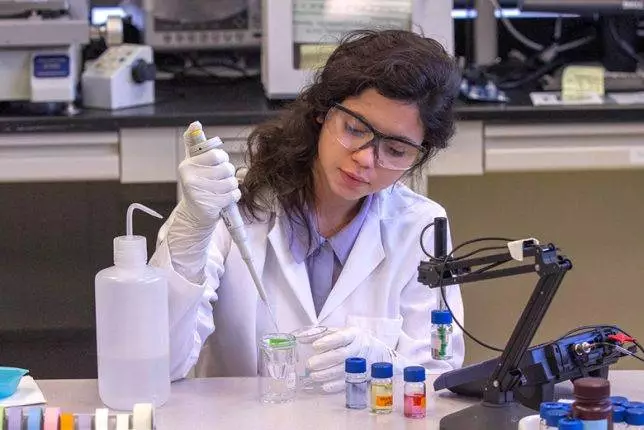Nanotechnology is a branch of science and technology that deals with the incorporation of nanoparticles in building applications that can be used in diverse fields of science such as biology, chemistry, materials science engineering, etc. Nanotechnology can be applied in diverse fields such as pharmaceuticals, medicine, electronics, etc., and there is tremendous scope for students graduating in nanotechnology in both the country and abroad. The ideal candidate can find themselves in many prospective jobs with excellent salaries soon after completion of the course.
Courses offered in Nanotechnology:
The concepts of nanotechnology have been used to build several products that we use in our daily life. They are used in the production of polymers, metals, ceramics, and biomaterials and are involved in the production of many high-tech materials at the microscopic level. Nanotechnology is an upcoming career option and it deals with the engineering of things at the molecular level. This course is offered at the post-graduate level and the doctorate level. It is not offered at the undergraduate level in India. Students who have completed their B.Tech., a degree in material science, biotechnology, computer science, electronics, and UG in Physics, chemistry, mathematics, and life sciences are eligible to apply for the post-graduate course in Nanotechnology. Following are the courses offered in Nanoscience in India.
| S No | Course name | Duration |
| 1. | M.Sc in Nanoscience | 2 years |
| 2. | M.Sc in Forensic nanotech | 2 years |
| 3. | M.Sc in Nanoscience and technology | 2 years |
| 4. | M.Tech in medical nanotechnology | 2 years |
| 5. | M.Tech in medical nanotechnology | 2 years |
| 6. | B.Tech +M.Tech integrated degree in nanotechnology etc. | 5 years |
| 7. | Ph.D. in Nanoscience | 5 to 7 years |
Eligibility Criteria:
The following are the brief eligibility criteria to enroll for a PG degree in nanotechnology.
- The candidates should have studied PCB subjects at the HSE/intermediate level
- They should have cleared B.Sc. in Physics/chemistry/maths or other life sciences courses
- B. Tech in relevant streams and from recognized universities are also accepted.
- The candidate should have a valid GATE score or should have passed the qualifying exams conducted by the individual universities such as VITMEE, SRMJEE, etc.,
The following are the universities that offer a post-graduate degree in Nanotechnology.
- National Institute of Technology, Kurukshetra
- National Institute of Technology, Calicut
- Amity University, Noida
- SRM University, Tamilnadu
- Amrita Centres for Nanosciences, Kerala
- JNTU, Hyderabad
Admission Process:
Before applying for the post-graduate degree in Nanotechnology, the students should appear for the GATE exam and keep their scores ready. Sometimes, the universities conduct their entrance tests as well to screen the candidates. Admission is based on the scores of these entrance tests and the marks secured by the students in the personal interviews conducted by these universities. To apply for the course, the students have to register on the official websites of the individual universities, by filling in the basic details.
They have to fill the online application form that is available on the website with the required details. After filling the application form, they have to download both the application form and the admit card. Once the applications are approved, the university may intimate the students to appear for the counseling and personal interview session, and if selected the student has to enroll in the course by paying the tuition fees.
Job Opportunities and Scope
Nanotechnology is a flourishing field in India and abroad and there are plenty of employment opportunities available for the candidates. Several engineering and science graduates in India are opting for the nanotechnology course as it offers them excellent jobs in the health care industry, pharmaceutical industry agricultural and environment industry, food, and beverage industry, and also in many Government and private research institutions.
There are tremendous job opportunities available in the areas of Nano-tools, Nano-devices, Nano-crystalline materials, Nano-photonics, etc. It has been estimating that there is a requirement of about three million professionals trained in Nanotechnology all over the world by the year 2025. Candidates who graduate with a post-graduate degree in nanotechnology can work in the following areas,
- Electronics and semiconductor industry
- Auto and aerospace industry
- Biotechnology
- Military and national security
- Quality control in the food industry
- Medical research
- Electronics and optoelectronic devices.
- Pharmaceutical companies
- Forensic labs etc.
Scope and Remuneration:
The career options in nanoscience are experiencing rapid expansion as the advancements in nanoscience are enhancing the quality of life of people all over the world. A professional graduating with nanotechnology can easily find job opportunities in Nanomedicine, bioinformatics, toxicology, power-generating unit, stem cell development, etc. Ph.D. holders have tremendous scope in research centers in the country and abroad. The remuneration of nanotechnology technicians in the US ranges between $30,000 to $94,000 and in India, a fresher can easily grab a job that has a CTC of Rs. 3 to 5 LPA. The CTC for candidates holding a Ph.D. degree is generally higher with a starting salary of Rs. 9 to 12 LPA. As nanotechnology is a branch that encompasses branches of chemistry, biology, physics, and technology, there is also a wide career scope for students who are specializing in these subjects.

